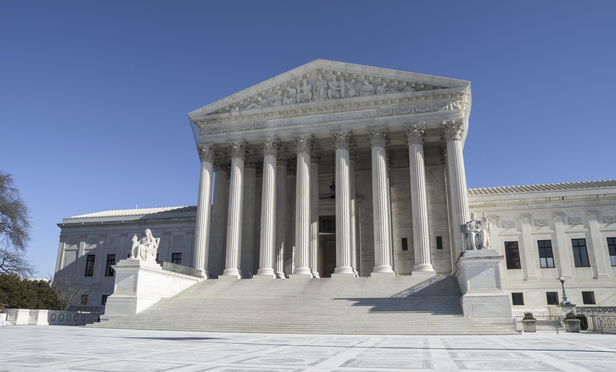In January the U.S. Supreme Court held that parens patriae claims—claims brought by state attorneys general on behalf of their residents—could not be removed to federal court under the Class Action Fairness Act (CAFA). While this ruling purported to simplify the judiciary’s task in assessing questions of removal under CAFA, it ignored the negative practical implications for parties and attorneys, particularly corporate defendants that are litigating in the class action sphere.
The case the high court decided was Mississippi v. AU Optronics, Corp. [PDF], in which the Mississippi attorney general brought an action in state court against manufacturers of liquid crystal displays (LCDs), alleging a widespread price-fixing conspiracy. Mississippi’s complaint largely mirrored a number of consumer class action complaints filed against the same defendants in other jurisdictions following a 2006 U.S. Department of Justice investigation. The LCD manufacturers sought to remove the action under CAFA’s jurisdictional provision, which allows class actions and “mass actions” (in which the monetary relief claims of 100 or more persons are proposed to be tried jointly) to be removed to the more neutral federal courts.
This content has been archived. It is available through our partners, LexisNexis® and Bloomberg Law.
To view this content, please continue to their sites.
Not a Lexis Subscriber?
Subscribe Now
Not a Bloomberg Law Subscriber?
Subscribe Now
LexisNexis® and Bloomberg Law are third party online distributors of the broad collection of current and archived versions of ALM's legal news publications. LexisNexis® and Bloomberg Law customers are able to access and use ALM's content, including content from the National Law Journal, The American Lawyer, Legaltech News, The New York Law Journal, and Corporate Counsel, as well as other sources of legal information.
For questions call 1-877-256-2472 or contact us at [email protected]






